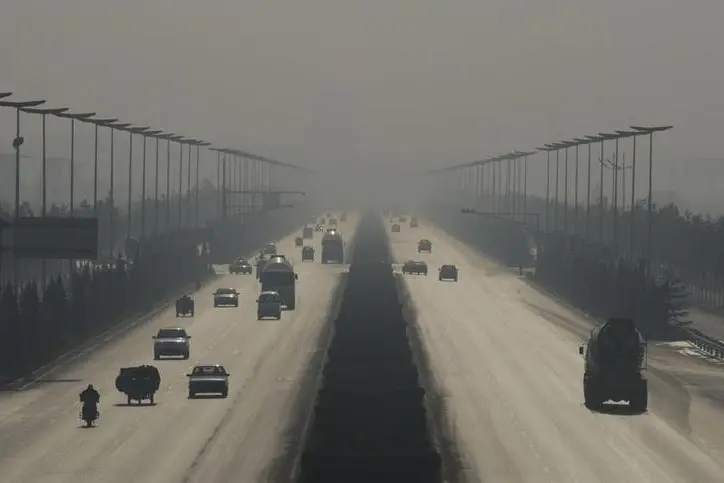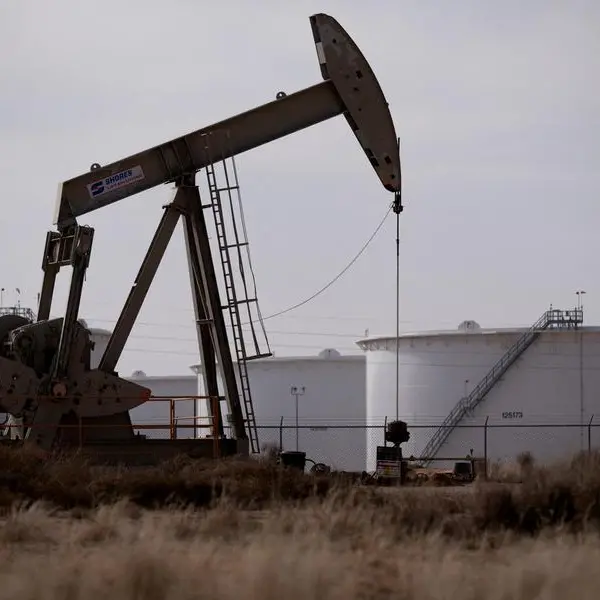PHOTO
BEIJING - China coal hub Linfen in central province Shanxi, one of the most polluted cities in the nation, plans to extend its winter restrictions on heavy industries to the end of the third quarter this year as it strives to meet air quality targets.
Linfen was identified by the environment ministry as the worst performer in terms of air quality in the first quarter among the 168 cities that are monitored across the country.
Linfen failed to reach its target of cutting average concentrations of small, hazardous particles known as PM 2.5 by 4.5 percent during the heating season from November to March, according to Reuters calculations based on official data, even though it imposed stringent cuts across heavy industries.
The average PM 2.5 reading for the November-March period in Linfen was 93 micrograms, down only 2 percent from the same period in the previous year, Reuters calculations showed.
Maintaining the restrictions aims "to further cut the total amount of industrial emissions and to improve air quality in non-heating season in order to ensure fulfilment of 2019 air pollution targets," said a draft guidance issued by Linfen's anti-pollution office and reviewed by Reuters.
The authenticity of the document was confirmed by two office officials.
The city plans to order manufacturers in the steel, coke, cement, casting, pharmaceutical and chemicals sectors to adopt the same level of curbs used in winter for the 5-1/2 months from April 15 to Sept 30, halting at least 30 percent of output, or even shutting down, depending on their emissions levels.
Production plants and facilities that meet ultra-low emission standards and use rail or electric vehicles as their main forms of transportation can claim exemption from the curbs.
The extension of the anti-smog measures follow Linfen changing its mayor, with the former director of the provincial environmental bureau taking up the office last week.
Linfen was openly criticised by the central government last year for manipulating its air quality monitoring data on nearly 100 occasions.
Last week, a study conducted by a group of experts at Peking University showed that air quality in Linfen did not see any big improvement in the summer of the past six years.
The recorded average for PM 2.5 concentration in northern cities over 2013-2018 fell 19.5 percent, according to the study.
"But Linfen city saw its PM 2.5 levels rise over the period," it said.
China's top two steelmaking cities of Tangshan and Handan - known as well for their poor air quality - also ordered their heavy industry sectors to curb operations during the second quarter.
(Reporting by Muyu Xu in BEIJING and David Stanway in SHANGHAI; Editing by Tom Hogue) ((muyu.xu@thomsonreuters.com; +86 010 66271298;))





















